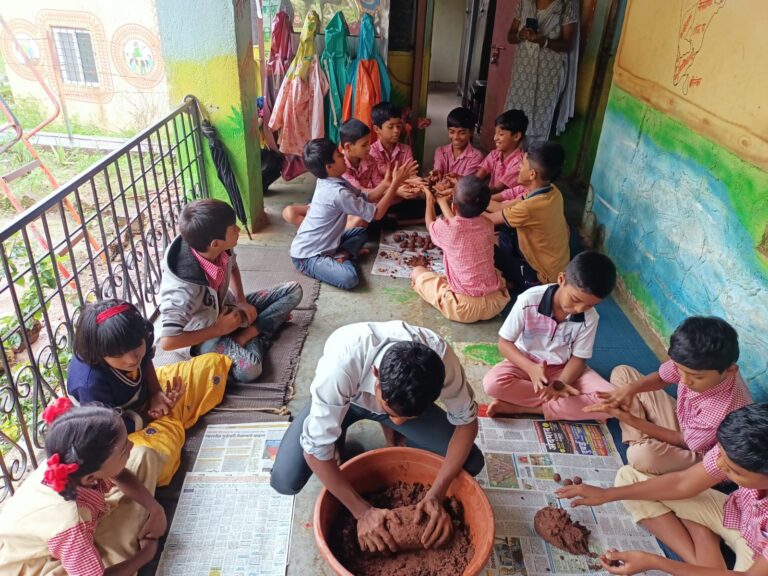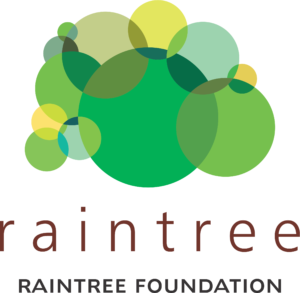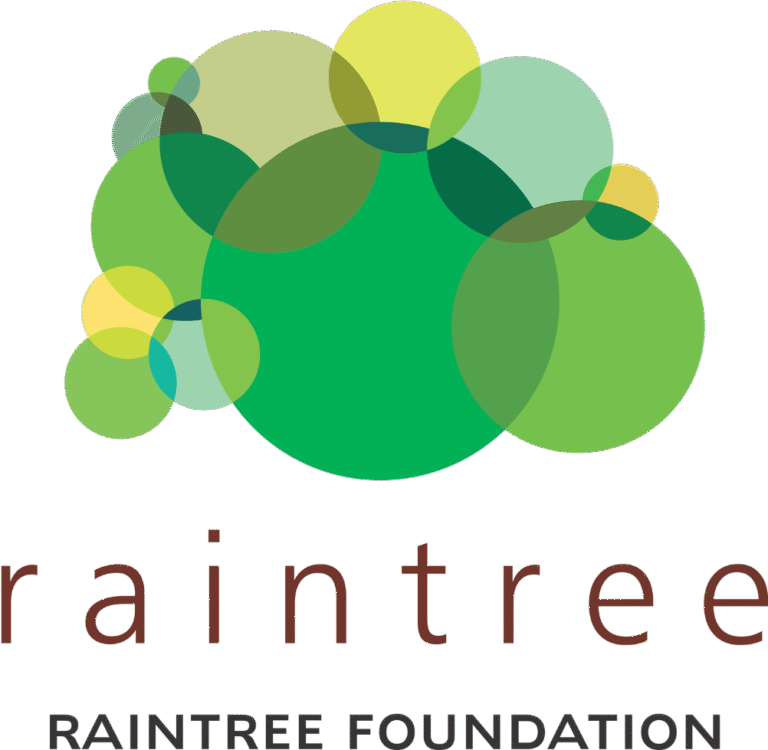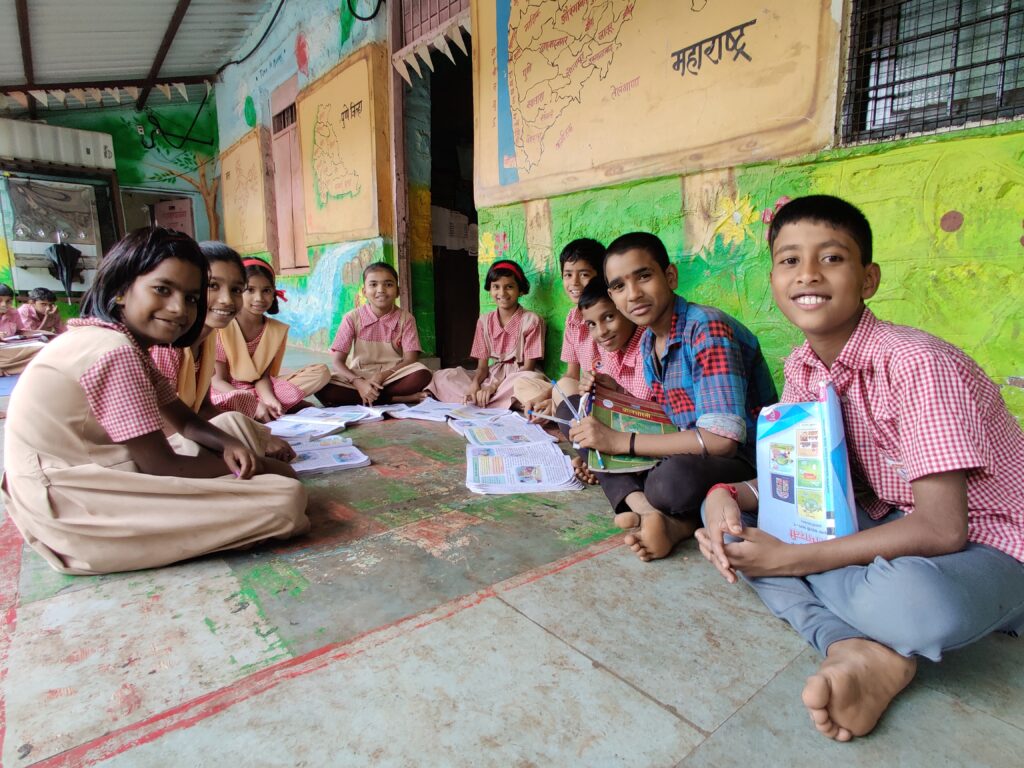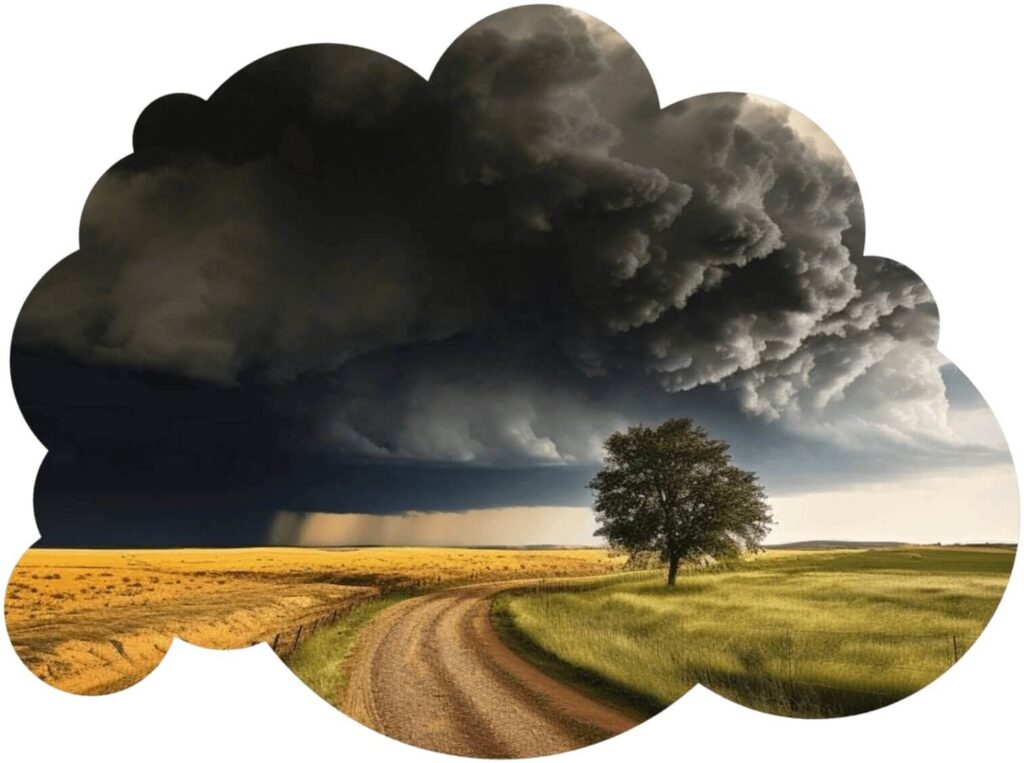As we stand on the edge of an environmental crisis that threatens biodiversity, human health, and global economies, immediate action is no longer optional. Addressing issues like climate change, habitat destruction, and the need for a fair transition for communities most affected by these changes requires a shift that begins with today’s youth. To create lasting change, we must instil climate-conscious values in young minds, making sustainability as fundamental as reading or math in their lives.
For generations, humanity has viewed nature as something to be exploited, rather than nurtured. This utilitarian mindset has driven industrialization, deforestation, and placed the planet on the brink of collapse. Our mindset serves as our core value system. It shapes the stories we tell ourselves about the world and strongly influences how we perceive and respond to everything around us. Nature is not a distant “other” to exploit, but an integral part of us that needs care and regeneration. When we change our narrative, we begin to see the environment as something to cherish and protect and not something to consume and discard. This paradigm shift empowers the next generation to view sustainability not just as an alternative, but as a way of life.
Moving Toward a Just Transition
At the heart of the environmental crisis is the need for a “just transition,” which is an equitable and inclusive move toward sustainability. It’s not enough to make eco-friendly choices; we must ensure that the benefits of a green future reach everyone, especially marginalized communities. Teaching young people about the intersection of environmental responsibility and social justice equips them to care for the planet and advocate for fair policies that leave no one behind. Whether they become business leaders, policymakers, or activists, they will be empowered to ensure sustainability is a universal right, not a privilege.
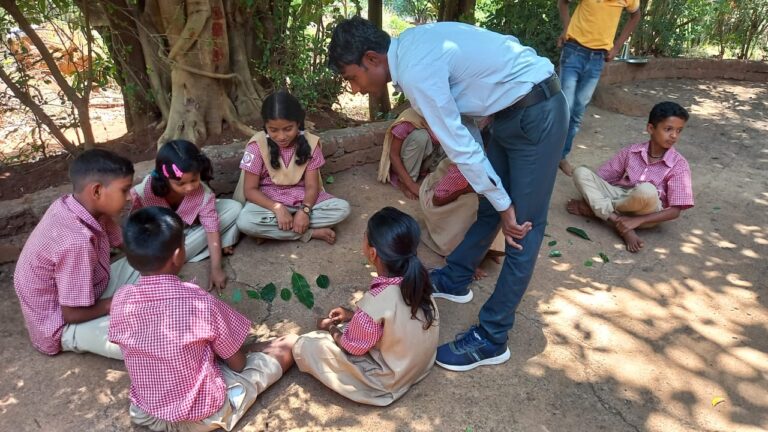
Education: A Key to Transformation
The education system plays a vital role in shaping climate-conscious individuals. Sustainability should be embedded in every subject, much like alternative education models focus on holistic development. Science lessons can integrate discussions on how trees mitigate climate change, and history classes can examine the environmental impact of industrial revolutions. Sustainability should be an interconnected worldview, not an isolated topic.
By weaving sustainability into daily learning, it evolves into a core value. Celebrating sustainable actions through recognition and community events reinforces their importance. Tangible impacts, such as thriving school gardens and reduced plastic use, instil a sense of responsibility. This encourages students to innovate solutions for environmental challenges using cutting-edge technology, blending progress with preservation.
A Shared Responsibility
The future we desire is not a passive outcome we wait for, but one we actively create with every decision we make today. As parents, educators, and community leaders, we must lead by example. By embedding sustainability into schools, businesses, and communities, we create an environment where responsible actions are woven into daily life. Let’s ensure that the future we leave to the next generation isn’t just one of survival but of thriving, where every decision we make now lays the groundwork for a world where youth can look back and say, “We were the ones who changed the course.” Together, we can craft a legacy, a world where every decision we make today brings us closer to the harmony and balance we all deserve.
By Abha Dandekar,
Co-Founder, Raintree Foundation
